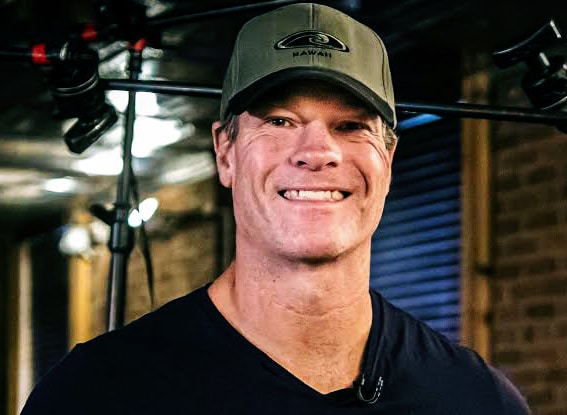Let’s talk about health for a minute. How do we even define it? Is it something that your doctor determines by taking some blood and checking an X-ray? Or is health more accurately defined as the absence of disease?
Think about when you were young. Hopefully, you were full of energy, life was fun, and you were free from joint pain, digestive problems, and skin problems. We expect that with age comes pain and disability. We see our peers have high blood pressure, back and knee pain, and too much body fat. Often, they are depressed and on numerous medications or supplements. These conditions become the new normal, and the situation is both expected and unquestioned.
Modern medicine has had some amazing positive benefits to society. Acute care is often outstanding, and it’s saved and prolonged countless lives. Unfortunately, our record with chronic disease management has largely been an abysmal failure. Sure, we can lessen symptoms a little bit. A doctor can give you a pill to lessen your pain (until the dose wears off ). If you have high blood pressure, there’s a pill to lower it. If you have diabetes, no problem; we have pills and shots ready for you. Feeling depressed? Yep, there’s a pill for that. Did that pill kill your sex drive? That’s okay. We have other pills that take care of that. And so it goes.
I think this cycle is tragic and reflects poorly on my profession. I sometimes hear politicians debating the various ways to pay for the ever-growing health disaster. Instead of worrying about that, how about we stop making so many damn sick people! Stop feeding them garbage; you do not grow a healthy population on granola bars, soybean oil, and bananas. Human beings thrive on meat; it’s that simple. If we’re going to have a healthy population, we need to focus on true health rather than on managing diseases. We provide no more than lip service to the concept of prevention.
Billions of dollars in pharmaceuticals and technology are spent to put high-tech, expensive bandages on diseases. Prevention gets a pittance in spending, and no one gets reimbursed worth a darn for focusing on it.
I probably could rant on this subject enough to fill an entire book, so I should get back to defining health. Here is my opinion, and I think many people will agree: When I am healthy, I am free of pain, and my physiologic processes work as designed with efficiency and without issue. My energy is good, my mood is stable, and I’m generally happy and hopeful. My skin is free from itching, cracking, or rashes. My desire and capacity to exercise are good. My joints and muscle function well and are free of pain. My libido is good, as is my sexual function. My body composition is within a healthy range, and I can maintain that range without constantly being hungry. I’m sure you could add other ideas to this list as well, but I think I’ve made my general point.
The 100-meter sprint record for the men’s 85-year-old category is about 15 seconds. If I line up fifty males spanning a range of ages and ask them to run 100 meters, the ones who can do it in less 15 seconds are far more likely to live longer than those who can’t. I think this is fairly obvious to most people, but it deserves more research.
When we go into the wild and watch a prey animal getting culled by predators, the animals that typically fall victim are the slow, injured, or weak ones. Humans typically don’t need to worry about being eaten by a bear, but becoming slow, weak, or otherwise physically impaired hastens our demise anyway. Instead of running from a bear, we’re running from cancer, heart disease, or dementia.
Excerpted from The Carnivore Diet, By Dr. Shawn Baker.
Learn more HERE

Reviewed & approved by
Dr. Shawn Baker, MD & Carnivore.Diet team.
